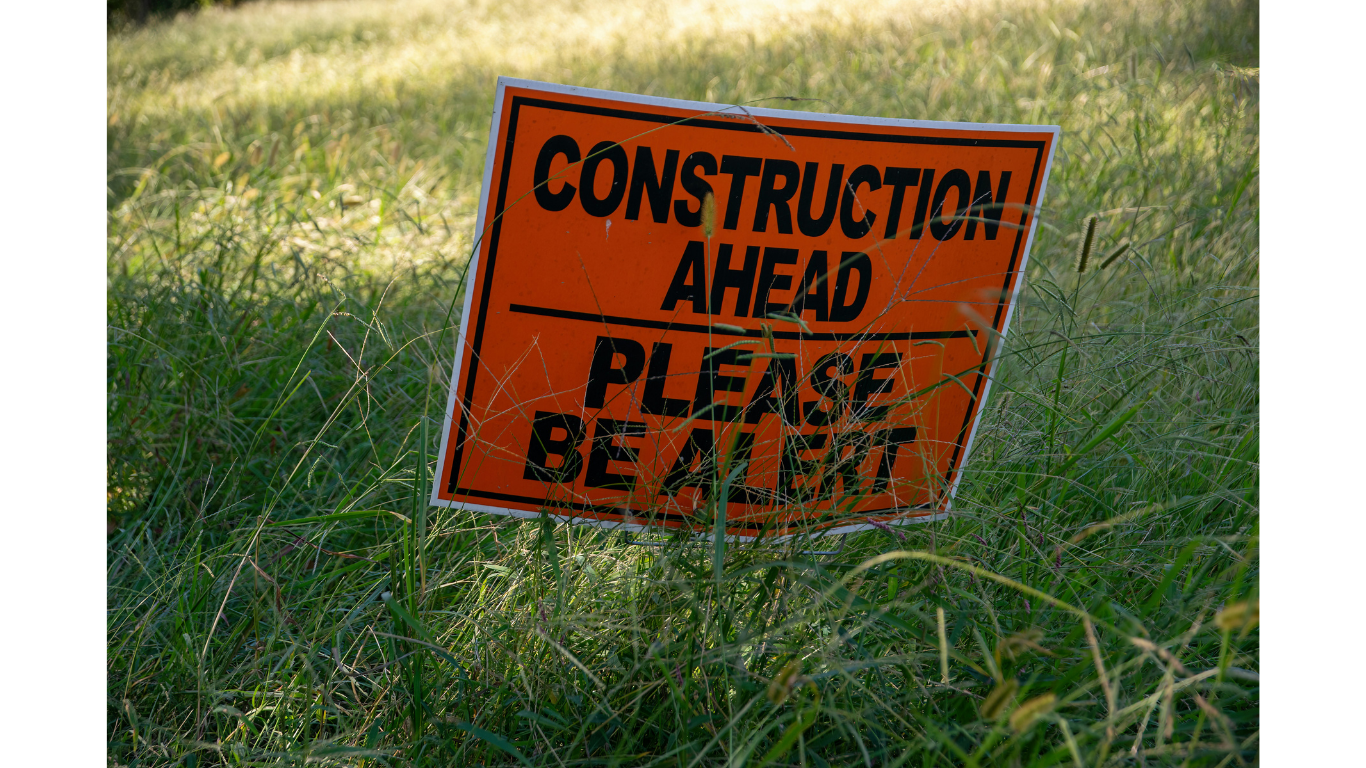When an accident causes injuries, confusion often follows. Medical bills accumulate, work becomes difficult, and insurance adjusters call before you understand the full extent of your injuries. Before taking legal action, it helps to know what to ask during your first meeting with an attorney. Asking informed questions allows you to evaluate their experience, understand your case’s strength, and plan an effective strategy for compensation.
Understanding the Importance of the Initial Consultation
Before you speak with a personal injury lawyer in Amherst, remember that the first consultation serves as both an evaluation of your case and an opportunity to assess the lawyer’s qualifications. This meeting helps you determine whether the attorney’s background aligns with your needs. It also allows the lawyer to review the facts and decide how New York’s personal injury laws apply to your situation.
Knowing which questions to ask ensures you receive practical information rather than general advice. Preparation saves time, clarifies expectations, and helps you make confident decisions about pursuing your claim.
1. What Experience Do You Have With Cases Like Mine?
Every personal injury case presents unique challenges, depending on the type of accident, the severity of the injuries, and the insurance coverage involved. Asking about specific experience helps you gauge whether the attorney has handled similar claims, such as car crashes, slip and fall incidents, workplace injuries, or medical malpractice.
An experienced lawyer can explain typical outcomes for cases similar to yours and discuss the strategies that have produced successful results. Their familiarity with local courts, insurance practices, and medical experts can also make a difference in how efficiently your claim progresses.
2. How Does New York’s Negligence Law Affect My Claim?
New York follows a comparative negligence rule, which means that compensation decreases based on your percentage of fault. For example, if you share partial responsibility for the accident, your recovery amount will be proportionate to that share. Understanding this rule helps set realistic expectations for potential compensation.
A knowledgeable attorney explains how fault is determined and what evidence supports minimizing your share of responsibility. They identify documentation and witness statements that reinforce your version of events, ensuring a fair evaluation under state law.
3. What Evidence Do You Need to Build a Strong Case?
Evidence forms the basis of any personal injury claim. When you speak with a personal injury lawyer in Amherst, ask about the types of evidence they require and how they collect it. Common materials include medical records, photographs, accident reports, witness statements, and expert evaluations.
Attorneys often collaborate with investigators and specialists to reconstruct events or quantify long-term damages. Knowing which documents to gather early in the process strengthens your position and helps the lawyer present a compelling argument to insurers or in court.
4. How Long Do I Have to File a Lawsuit in New York?
The statute of limitations for most personal injury cases in New York is three years from the date of injury. However, exceptions exist. Claims against government agencies typically require a Notice of Claim to be submitted within ninety days, whereas medical malpractice cases may have different timelines.
Asking about deadlines ensures you file paperwork promptly and preserve your right to pursue damages. A lawyer helps you meet these critical dates and manage procedural requirements that can affect the outcome of your case.
5. What Damages Can I Recover?
Personal injury claims typically include economic and non-economic damages. Economic damages encompass measurable losses, including medical expenses, property repairs, and lost income. Non-economic damages address intangible harm, including emotional distress, pain, and loss of enjoyment of life.
A detailed discussion with your attorney clarifies which types of compensation apply to your situation. They evaluate both current and future losses, including ongoing rehabilitation or reduced earning capacity, to estimate the full value of your claim.
6. How Do You Handle Communication and Case Updates?
Effective communication ensures that you remain informed throughout the process. Ask the attorney how often you will receive updates, who manages daily correspondence, and how quickly you can expect responses to calls or emails.
Lawyers who maintain open communication help you stay confident in the progress of your case. Understanding their approach to client relations also sets expectations for involvement and collaboration as the case develops.
7. What Are the Costs and Payment Arrangements?
Most personal injury lawyers work under a contingency fee structure, meaning they collect payment only if they secure compensation for you. During your consultation, clarify what percentage they charge and whether you will owe additional expenses for filing fees, expert witnesses, or medical record retrieval.
Transparent discussions about financial arrangements prevent misunderstandings later. Knowing the cost structure upfront allows you to concentrate on your recovery while the attorney handles the legal process.
8. How Do You Approach Settlement Negotiations?
Settlement negotiations require skill, patience, and strategy. Ask how the lawyer evaluates settlement offers and determines whether to accept or continue negotiating. Experienced attorneys rely on evidence, medical evaluations, and case law to justify compensation demands.
Understanding their negotiation process gives insight into how they handle interactions with insurance adjusters and opposing counsel. This information helps you assess whether their approach aligns with your goals.
9. What Happens If My Case Moves to Trial?
Although many personal injury claims settle before reaching court, some require a trial to achieve fair compensation. Ask about the lawyer’s courtroom experience and how they prepare for litigation. Trial-ready attorneys approach negotiation more effectively because opposing parties recognize their willingness to pursue full legal remedies.
Knowing how your lawyer handles trial preparation, witness testimony, and evidence presentation gives you confidence in their ability to represent your interests if settlement fails.
Expert Legal Strategies for Amherst Residents
Preparing thoughtful questions before meeting an attorney helps you understand the legal process and identify the professional best suited for your case. A clear discussion about experience, evidence, communication, and strategy builds a strong foundation for collaboration.
Article received via email































